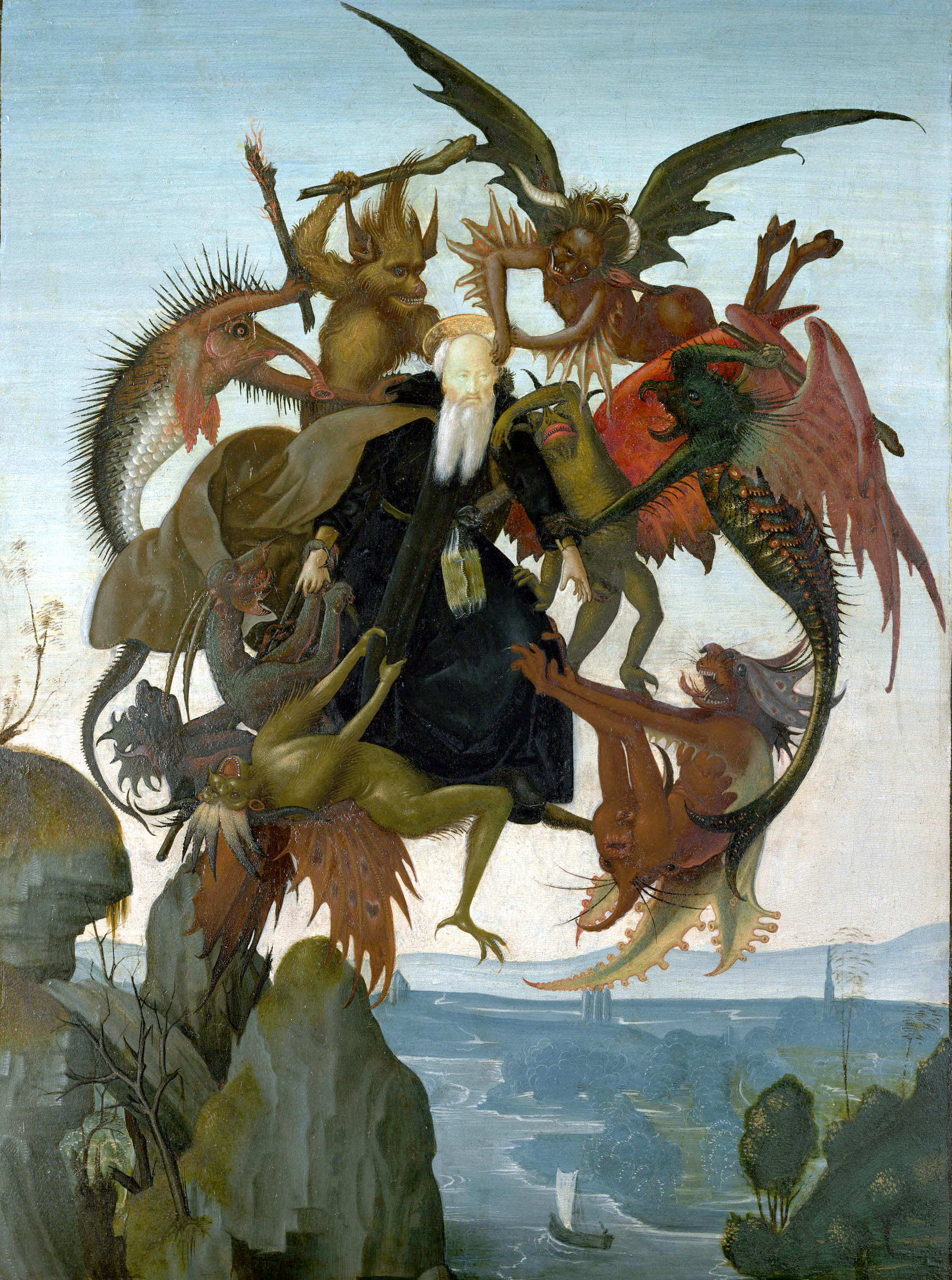Where do you go for information? For insight?
If you’re like most of us, your first response is “my phone” or “Google.” I suppose you might be tempted to say “scripture,” but if I asked you to tell me how scripture had been canonized you’d open Wikipedia or use a search engine.
Everything we do is intricately linked to the web. It’s the place we go to find answers. It has the best resources for our spiritual development. It’s every library, every sage, every archive, and every opinion available at the swipe of a thumb for the price of a Coke.
In the early days of the web there was considerable debate over whether it was “good.” Those debates were short-lived. We stopped asking the question and now use the internet without much thought at all. It just is. Which is why I think it’s worth taking a step back and examining what we’re doing with the internet and whether there’s any biblical wisdom to apply to our constant demand for information and insight.
During the multi-millennia history of the Christian church, the place we have traditionally gone for our answers has been the desert. The desert was the setting for the Exodus, for the sect of Essenes, for Christ’s temptation, and for the establishment of the first Christian monasteries. The desert was free from distractions, allowing spiritual seekers to concentrate on God and to find answers to their deepest problems.
But the desert wasn’t empty. It was full of the temptations you brought with you.
This is why most iconography depicts St. Anthony, the first Christian monk, as constantly beset by demons. He battled lust, rage, hate, and ego. But these demons were not desert-dwellers. They lived inside Anthony, yet only in the desert did he become aware of what was already destroying his soul.
The desert is full of whatever you bring with you. It’s the place where you come face to face with yourself. It’s not a landscape to develop character, but to reveal it.
Henri Nouwen famously said that Christ’s time in the desert involved his temptation to be relevant (“turn these stones into bread”), spectacular (“throw yourself from this temple”), and powerful (“all this I will give you”). These temptations present themselves online every day. We want to be kept up to date, so we tweet and check our status alerts. We want to share the exciting things in which we’re involved, so we post pictures and video and agonize over the careful crafting of every quip. We want to build our networks and platforms, so we add friends we don’t like and request connections with people we’ve never met.
Modern media presents both the promise and the dangers of the desert. We go to the web for learning and insight. We have everything we might ever need to know, but it comes imperiled with the knowledge that we are always looking deeper into ourselves. If you’ve got a problem with lust, then you will find lust-worthy images online. If you’re greedy, you will find something to buy online. If you’re vain, you will always post another selfie.
We find online what we’ve brought with us.
How are we meant to conquer the web? How can we master the temptation we find there? How can we maintain our access to limitless information and insights without constantly slipping into our lusts and vanity?
Jesus’ experience gives us several clues—all of which involve the digestion and appropriation of scripture. Jesus knew the words of God. He knew how to discern when those words were being twisted and misused and when to correctly apply those words. You can’t cultivate the authority Christ had with scripture simply by reading it. You’ve got to read and read and read, and talk it through, and pore over it, and rewrite it, and replay it. Scripture has to be the blood, the air, and the body of our faith.
That doesn’t mean you have to Google something spiritual every time you logon. It just means you shouldn’t forget his Word when you do.
fossores
Related posts
Categories
Category Cloud
Tag Cloud
Recent Posts
- Victors and Victims November 6, 2018
- 3 Hacks for Happiness October 29, 2018
- Hope Against Death September 20, 2018
- The Shape Of The Cross September 19, 2018


